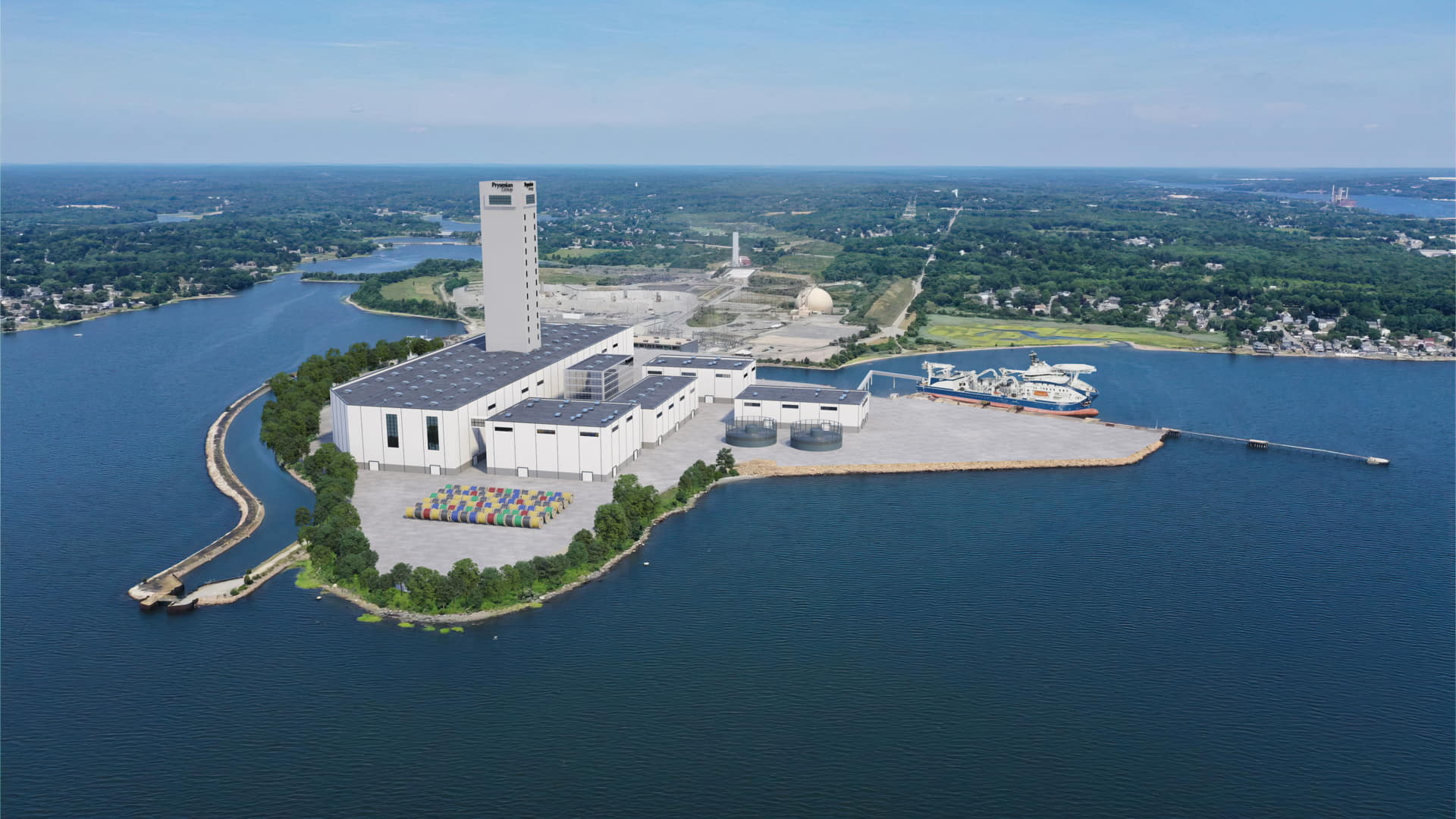Italian cable manufacturer Prysmian has scrapped its plans to build a submarine cable factory in the United States, a move that signals both the complexities of the US offshore wind sector and the shifting global dynamics of cable demand. The factory, which was to be located at Brayton Point in Somerset, Massachusetts, was envisioned as a crucial infrastructure piece to serve the emerging US offshore wind market.
A spokesperson for Prysmian confirmed the cancellation, stating: “Prysmian is continuously evaluating market opportunities for our capacity to be aligned with demand, to best serve our customers’ needs, and to also carry out efficient and timely investments—including all relevant permitting permissions—in our growing markets, in the US and globally.” The decision, according to the company, was driven by a broad reassessment of investment priorities rather than any political or regulatory roadblock.
Challenges in the US Offshore Wind Sector
The US submarine cable market differs significantly from that of Europe. While European markets have seen consistent growth in interconnectors linking different countries’ grids, the US has lagged in offshore wind development. The offshore wind sector remains a primary driver of submarine cable demand in the US, but its expansion has been slower than anticipated.
A source close to Prysmian highlighted this discrepancy, noting that the expected boom in US offshore wind “didn’t substantially materialise” under former President Joe Biden, despite significant federal initiatives to support the industry. The source also dismissed claims that President Donald Trump has actively dismantled the offshore wind sector, suggesting instead that the industry has simply not developed at the scale once forecasted.
Regulatory and Permitting Delays
One of the key challenges facing the Brayton Point project was permitting. The site, once home to a coal-fired power plant, was identified as an ideal location for a submarine cable manufacturing facility. However, the necessary approvals were slow to materialize, leading to repeated delays. When Prysmian ultimately decided to withdraw from the project, permitting had still not been granted.
The Future of Submarine Cables in the US
Despite pulling out of Brayton Point, Prysmian remains committed to the US market. The company cited “excellent opportunities for growth” in areas such as data centers, industrial reshoring, and electrification.
This development raises broader questions about the viability of large-scale offshore wind investments in the US. While the Biden administration has set ambitious targets, execution remains hampered by regulatory complexities, supply chain issues, and high costs. The lack of a robust interconnector market further limits the scope for submarine cable manufacturers.
For Prysmian, aligning investment with real demand remains a priority. With increasing global demand across all segments, the company’s strategic withdrawal from Brayton Point may be less about retreating from the US and more about positioning itself for long-term sustainability.
Implications for the Industry
The cancellation of the Brayton Point project is a setback for those advocating for an accelerated offshore wind expansion in the US. It also underscores the need for clearer regulatory frameworks and more streamlined permitting processes. Without these, major industrial investments will continue to face uncertainties.
For now, Prysmian will redirect its focus to markets where demand is more predictable and regulatory hurdles are less daunting. Whether the US can address these barriers and attract future investment in submarine cable manufacturing remains to be seen.
Sources:
- Official statement from Prysmian Group
- Insider sources close to Prysmian
- Market analysis of US offshore wind sector trends
Header: Brayton Point subsea cable plant visualization – © Image Prysmian

